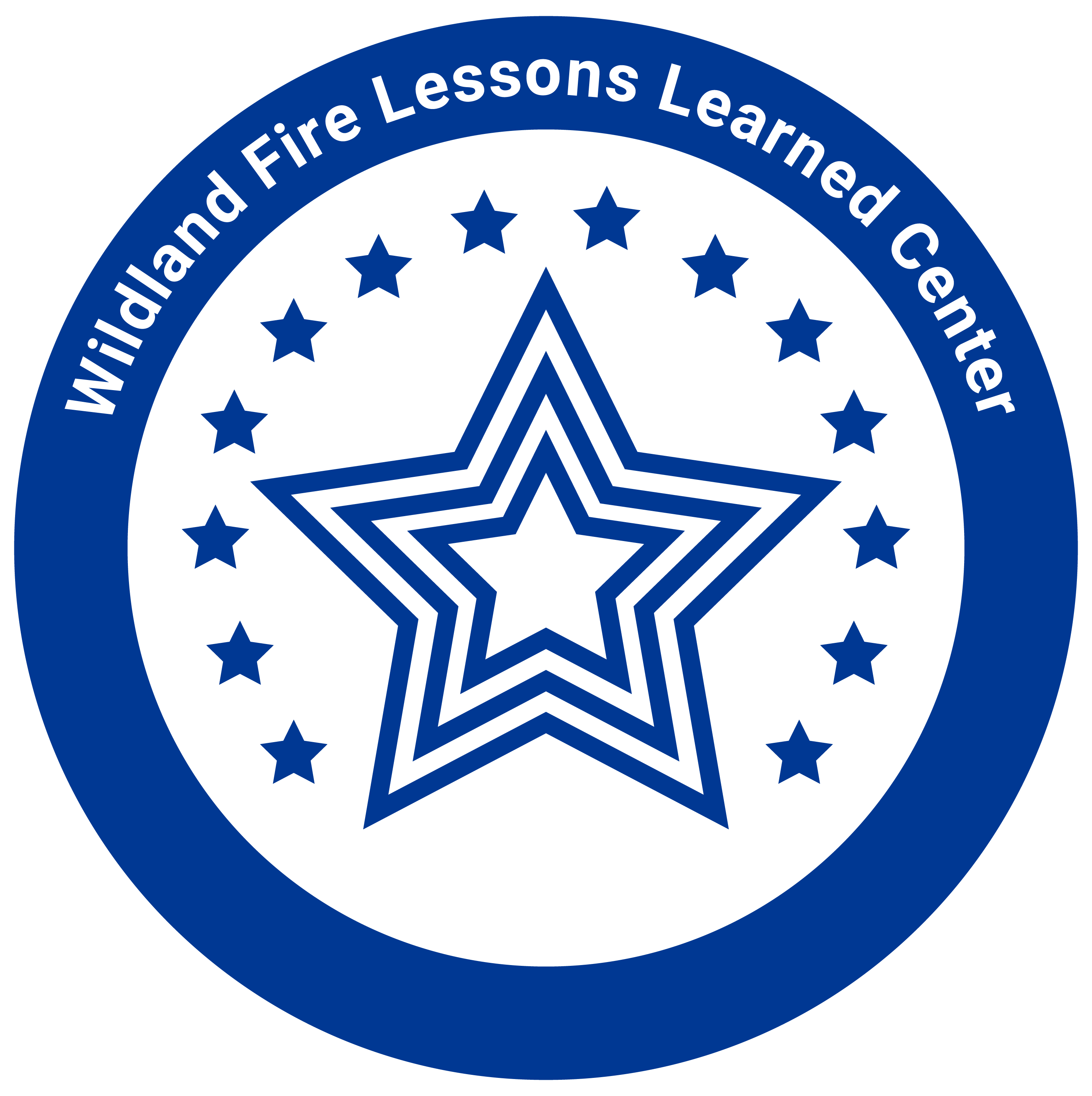Entrapments are...
By Travis Dotson 
 NWCG Definition of "Entrapment" I have been entrapped - multiple times. It feels awful to say that and I know exactly why - to most of my peers that statement means I'm a bad firefighter. Entrapment is a bad thing, and if it happens to you it means you didn't have LCES in place - it's YOUR fault. OK, I can handle that.
NWCG Definition of "Entrapment" I have been entrapped - multiple times. It feels awful to say that and I know exactly why - to most of my peers that statement means I'm a bad firefighter. Entrapment is a bad thing, and if it happens to you it means you didn't have LCES in place - it's YOUR fault. OK, I can handle that.

What I want to talk about is how common entrapment is and how hard we try to convince ourselves it didn't happen to us. You ever had to "scramble"? Your engine ever "take a little heat"? Ever had to "look for a hole" or heard someone urgently barking "RTO!" on crew? More than likely the events unfolding in those instances were unexpected.
I was serving as a lookout one time and my safety zone was back along the ridge to some granite. A finger of the fire made a big run between the granite and my lookout spot. I spent the rest of the afternoon "buffing out" my lookout spot with black. That was not the plan - that means it was an entrapment. I was firing boss on a prescribed fire and took a four wheeler interior to see how things were coming together. I said over the radio to the lighters "hey, don't close the box on that south end, that's my way out" I got a "copy" from both sides. When I came back the box was closed - I had to do some creative ATV ducking and weaving to find a way out. Again, not planned = entrapment. (Yes, I had a stern talk with a few folks about what "copy" means.) What is my point here?
I'm trying to get us all to acknowledge how common this scenario is. Right now it seems as if we treat "entrapment" as some sort of outlier or anomaly that only happens to the deserving bad firefighter when in reality it's a regular occurrence we choose to minimize. Why? We have to minimize these events to keep alive the folk-tails regarding predictability in our environment.
We are amazing at forecasts, but LCES requires precision predictability to work - and we don't have it. Nobody predicts their ATV tipping over or being ignited by embers as the fire front approaches. Nobody says "theres no way we can make it to the ranch before the fire gets us, but lets go anyway." Uncertainty is rough ain't it?
The benefit of acknowledging this is revealing a more accurate accounting of the risk we face and exposure we take on. The accuracy in our words enables a more honest dialogue about "what is worth it." Don't lie to yourself, don't lie to each other - just call it what it is so we can get better at deciding when to accept the risk.

